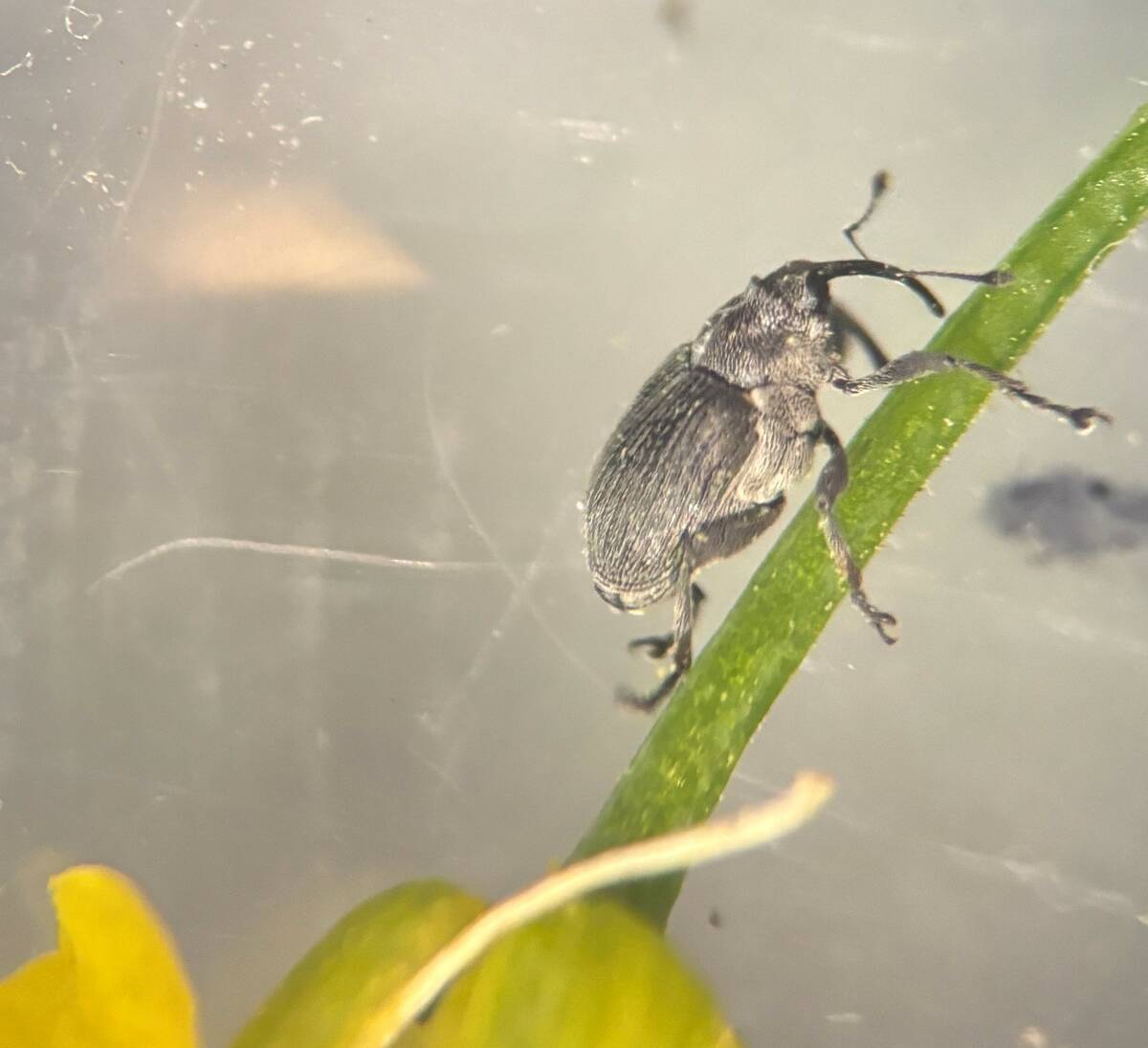A group of four companies have plans to make pulse crop lupin a staple in Canada through a project funded by Protein Industries Canada (PIC).
“Lupin is an exciting new crop for Canada that will bring new value to Canada’s plant-based food and ingredient ecosystem, benefiting the entire value chain, from farmers to end consumers,” PIC CEO Bill Greuel said in a Dec. 16 news release.
In a $7.3-million project, Lupin Platform Inc., Hensall Co-op, Lumi Foods and PURIS plan to develop lupin varieties suited to Canadian conditions, to improve seed-cleaning and -processing technology, to determine the value of its co-products, and to create new food products.
Read Also

VIDEO: Manitoba’s cabbage seedpod weevil explosion
Crop pest could pose a big problem for Manitoba canola growers in 2026 if last year’s population jump wasn’t a fluke.
PIC said lupin is acknowledged as a pulse with the highest seed protein content and also has a unique starch and oil composition.
Lupin Platform Inc., a new company, will oversee the development of the ecosystem and contribute inputs and expertise to agronomic research, commercial-scale lupin production, protein extraction and functional characterization, and ingredient and value-added product development such as lupin beverages and a baking mix.
Hensall Co-op, one of Canada’s largest farmer co-operatives, will take on agronomic research and testing for the novel crop and will use in-house equipment to develop cleaning, dehulling and milling technology.
Hensall hopes to develop data related to the feed value of lupin in monogastric and ruminant nutrition, PIC said.
The novel lupin ingredients will then be used by Lumi Foods, a high-end plant-based cheese and products manufacturer, and PURIS, a pulse ingredient manufacturer, to develop new plant-based products for consumers across North America.
“Lupin has a unique composition that makes it an exciting source for plant-based protein ingredients,” said Lupin Platform Inc. CEO Tristan Choi. “It also fixes nitrogen to the soil and is naturally disease resistant.”
Depending on the species, lupin seeds contain 30 to 40 per cent protein and between two and six per cent starch, wrote Mark Olson in a 2020 blog post for the Alberta Pulse Growers.
“This high level of protein with very little starch makes the crop appealing for protein fractioners struggling to find a market for the large quantities of byproduct starch,” Olson wrote.
By comparison, field pea seeds contain 18 to 26 per cent protein and 35 to 40 per cent starch, said Olson.
Lupin has a moderately deep, thick taproot which increases its ability to scavenge water and nutrients, wrote Olson. However, he noted it responds best to moderate to high, evenly consistent moisture and was concerned that yields would not be economical in the arid Palliser Triangle.
However, research has shown lupin varieties to be resistant to aphanomyces root rot, Choi told the Alberta Seed Guide in May.
At the time, Choi was director at Koralta Agri-Business, which was leading the development of lupin crops in Canada, the report said.
Lupin seeds are eaten as pickled snack food in the Mediterranean, Latin America and North Africa, the Alberta Seed Guide said. Lupin pea flour is also used in Europe and Australia mixed with wheat flour. This enhances flavour and lends a creamy colour to foods, the article added.















